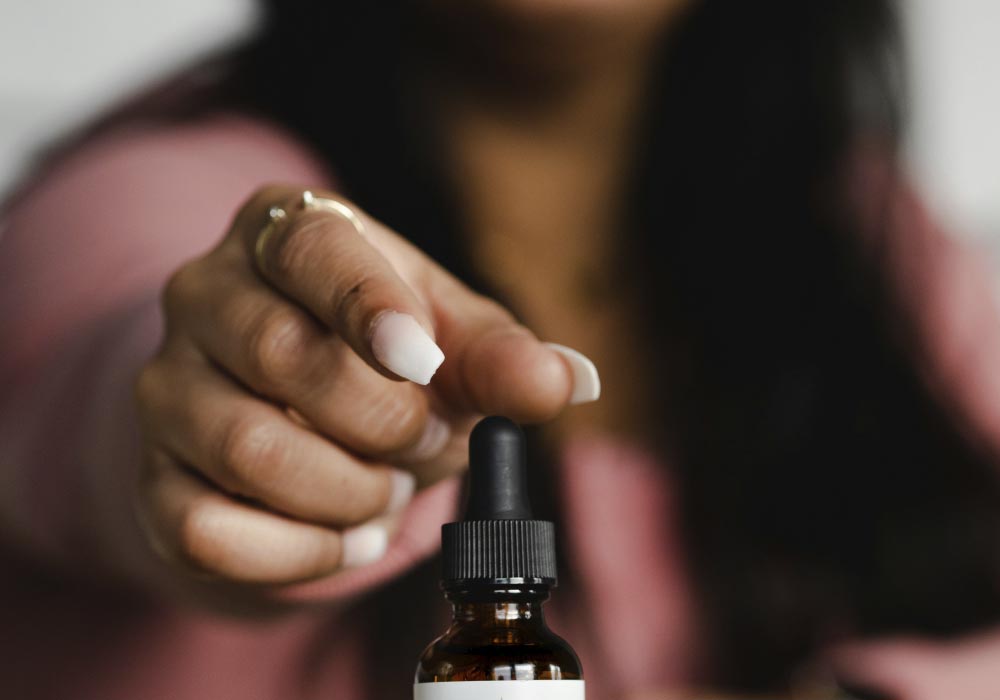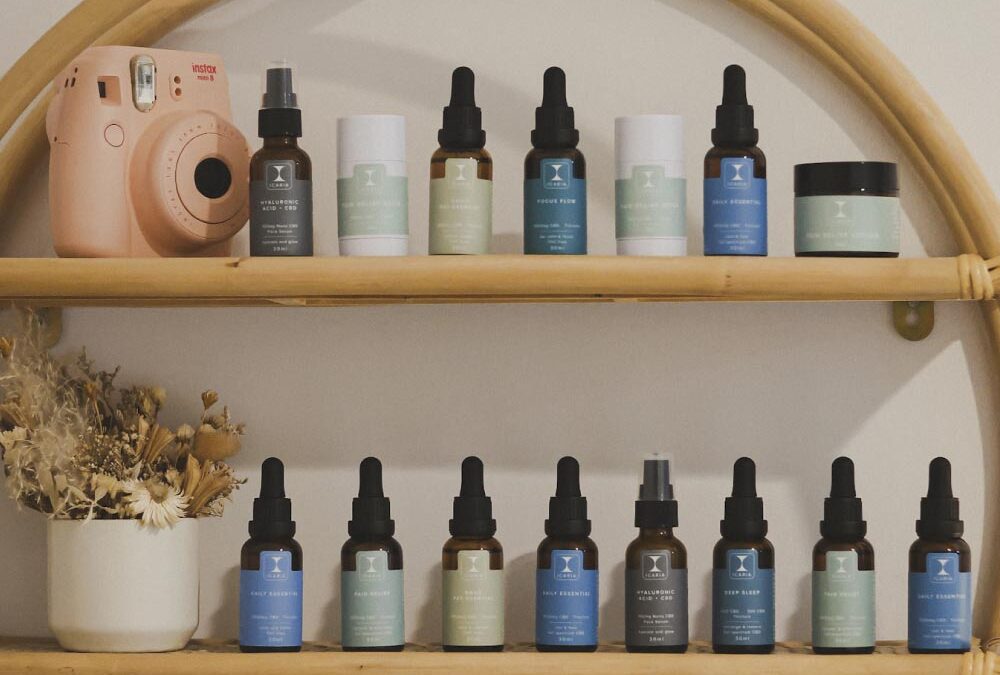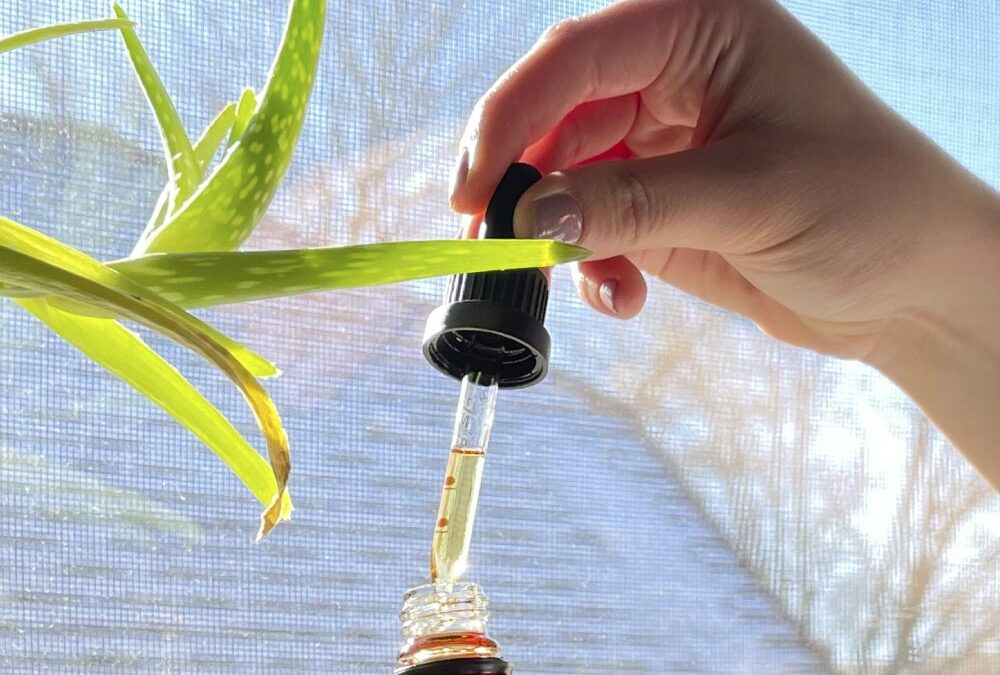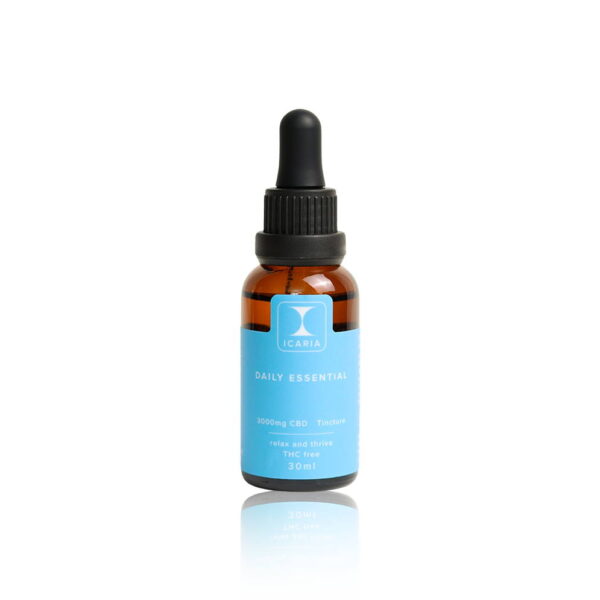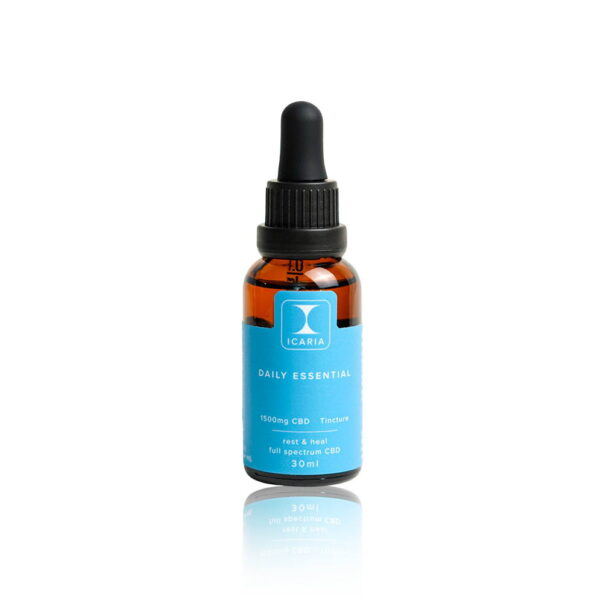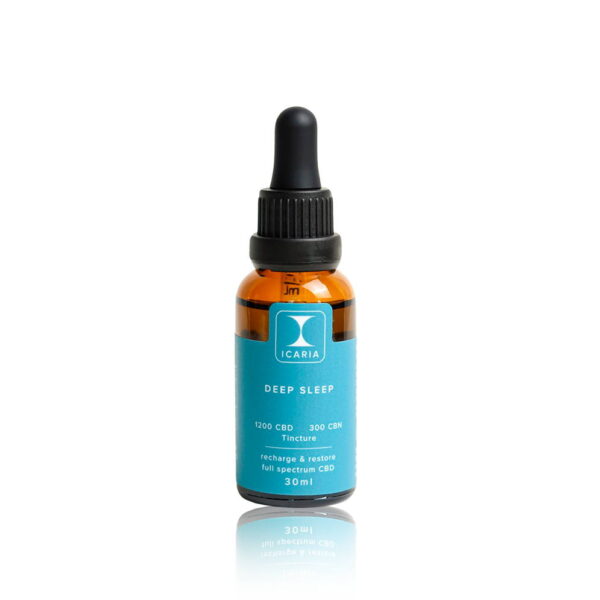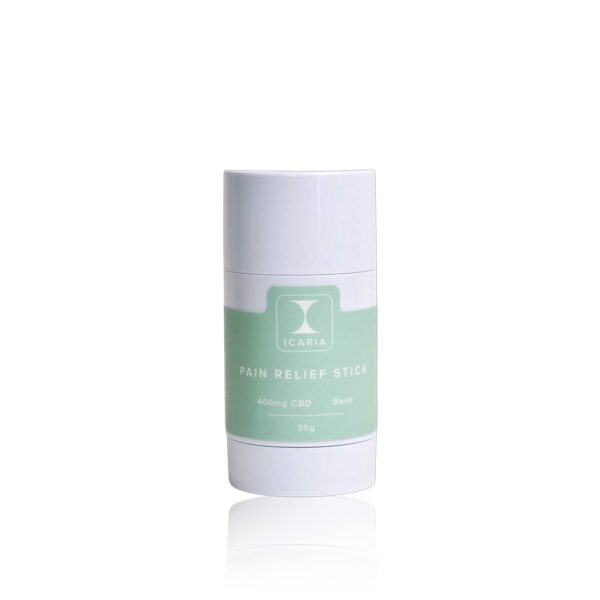In the pursuit of holistic well-being, women often seek natural remedies that align with their bodies and lifestyles. Cannabidiol (CBD) has emerged as a transformative option, offering a gentle yet potent way to support female health and vitality. As women prioritize self-care and explore alternative wellness solutions, CBD in Canada stands out as a beacon of empowerment, providing a comprehensive toolkit for nurturing mind, body, and spirit.
Throughout this guide, we’ll delve into the world of CBD, shedding light on its production, applications, safety, and accessibility. With a focus on women’s health needs and concerns, we’ll address common questions and provide insights to help you harness the full potential of CBD in your wellness journey. Whether you’re navigating stress, seeking relief from menstrual discomfort, or striving for better sleep, CBD offers a natural path to balance and harmony tailored to the unique needs of the female body.
How is CBD in Canada made?
CBD oil is primarily extracted from the cannabis plant, specifically from hemp, a variety of cannabis with low levels of THC (tetrahydrocannabinol), the psychoactive compound responsible for the “high” associated with marijuana. The extraction process involves various methods, including CO2 extraction, ethanol extraction, or lipid extraction. These methods aim to isolate CBD from other compounds present in the plant, resulting in a concentrated CBD oil.
An important aspect to consider is the amount of CBD oil one plant can produce. On average, a hemp plant can yield anywhere from 0.5 to 2.5 kilograms of CBD per acre, depending on factors such as the plant’s genetics, growing conditions, and extraction efficiency.
Can CBD make you high?
One of the most common concerns regarding CBD is whether it can induce psychoactive effects similar to THC. Unlike THC, CBD is non-intoxicating, meaning it does not produce a “high” sensation. CBD interacts with the endocannabinoid system in the body, which regulates various physiological processes, including mood, sleep, appetite, and pain sensation, without causing euphoria or impairment.
As for drug tests, CBD typically does not result in a positive test for THC. However, some CBD products may contain trace amounts of THC, which could potentially trigger a positive result in extremely sensitive tests. It’s essential to choose high-quality CBD products from reputable sources to minimize the risk of THC contamination.
Can you overdose on CBD?
CBD is generally well-tolerated and considered safe, even in high doses. Unlike opioids or certain prescription medications, CBD is not associated with overdose fatalities. However, consuming excessively large amounts of CBD may lead to adverse effects such as fatigue, diarrhea, or changes in appetite. It’s advisable to start with a low dose and gradually increase it while monitoring your body’s response.
Can you smoke CBD?
While smoking CBD-rich hemp flower is an option, it’s not the most common method of consumption. Smoking CBD may provide rapid effects due to its high bioavailability, but it also carries risks associated with inhaling smoke, such as respiratory irritation. Many prefer alternative methods such as CBD oil tinctures, capsules, edibles, or topical creams for precise dosing and convenience.
Where can you buy CBD in Canada?
CBD products are widely available in Canada, both online and in physical stores. However, it’s crucial to purchase from reputable retailers to ensure product quality and safety. Even though CBD production is regulated and the sale of cannabis and CBD products is not as controlled. Meaning, the majority of CBD distributors don’t really adhere to the required quality standards. When buying CBD oil in Canada, the safest pathway is to look for products that have undergone third-party testing for potency and purity.
How to find the best CBD in Canada?
Finding the best CBD oil in Canada involves considering several factors to ensure you’re getting a high-quality product that meets your needs. Here are some tips to help you make an informed decision:
- Check for quality and purity: Look for CBD products that have been tested by independent laboratories for potency and purity. Certificates of Analysis (COAs) should be readily available, verifying the product’s cannabinoid content and absence of contaminants like pesticides, heavy metals, and residual solvents.
- Consider the extraction method: CO2 extraction is generally considered the gold standard for CBD extraction, as it produces a clean, pure extract without the use of harmful solvents. Avoid products that use potentially toxic extraction methods like butane or propane.
- Choose full-spectrum or broad-spectrum CBD: Full-spectrum CBD contains a wide range of cannabinoids, terpenes, and other beneficial compounds found in the cannabis plant, enhancing the entourage effect. Broad-spectrum CBD offers similar benefits but without the presence of THC, ideal for those who wish to avoid it entirely.
- Read customer reviews: Before making a purchase, take the time to read reviews from other customers to get an idea of their experiences with the product and the company’s customer service.
- Consider your preferences and needs: Whether you prefer CBD oil tinctures, capsules, edibles, or topical products, choose a format that aligns with your lifestyle and wellness goals.
By following these guidelines, you can confidently navigate the market and find the best CBD products available in Canada, tailored to your preferences and requirements.
Conclusion
CBD in Canada offers women a natural, plant-based solution for various wellness concerns, from managing stress and anxiety to alleviating pain and improving sleep quality. Understanding how CBD is made, its effects on the body, and where to find high-quality products is essential for making informed decisions about your health and well-being. With careful consideration and proper research, you can incorporate CBD into your wellness routine with confidence, knowing you’re choosing safe, effective products that support your holistic health goals.
